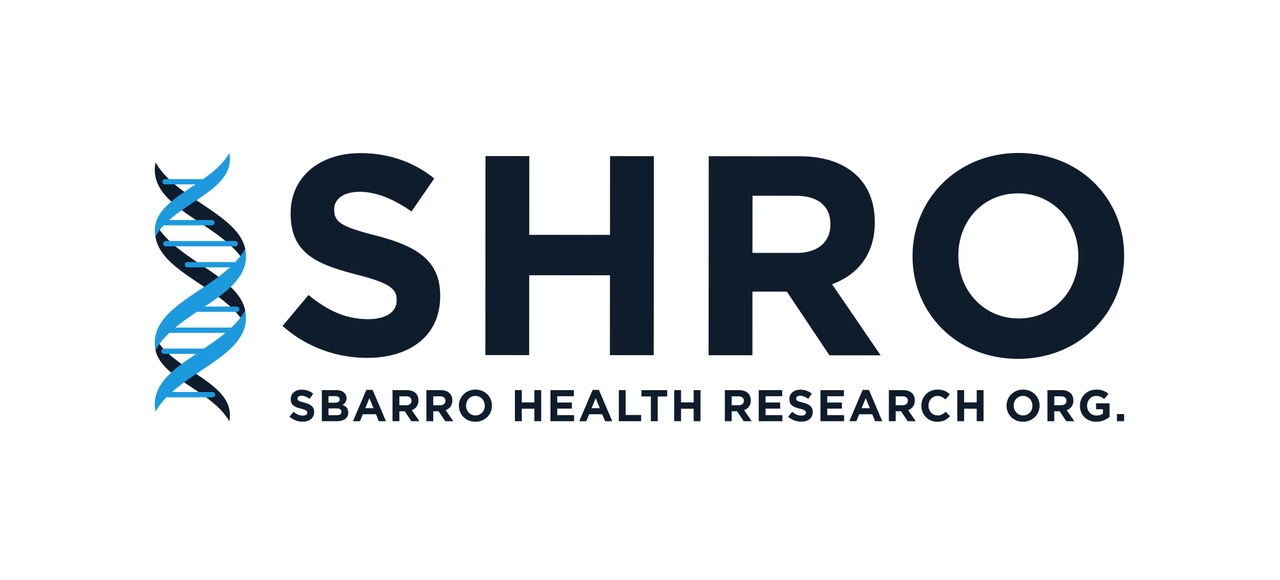Newswise — April 2nd, 2018 — Inhibition of the oncogenic kinase AKT, a key protein governing the cell cycle, was found to arrest cancer cell proliferation and triggered their programmed death by apoptosis. The study, published today in Oncogene, represents significant progress in the clinical translation of previous basic scientific discoveries.
“Understanding the molecular features that govern cancer cell behavior is the basis for the design of the so-called ‘targeted therapies’ which constitute modern precision medicine,” says senior author on the paper Antonio Giordano, M.D., Ph.D., director of the Sbarro Health Research Organization at Temple University.
The study revealed an important role of the cell cycle protein RBL2/p130 in triggering cancer cell death upon inhibition of AKT, which is hyperactive in many cancer types. The researchers found that RBL2/p130, a known tumor suppressor factor isolated by Giordano himself in the 1990s, is a direct target of the AKT kinase. The pharmacological inhibition of AKT led to RBL2/p130 protein stabilization, in both lung cancer and mesothelioma cell lines, and favored its localization to the cell nucleus, where it can function restricting cell proliferation, a well defined function of RBL2/p130 and of the other retinoblastoma proteins belonging to its family.
Further confirming the crucial role of RBL2/p130 in determining the cell response to AKT inhibition, the authors showed that AKT pharmacological inactivation no longer caused cancer cell death when RBL2/p130 expression was shut down through a specific silencing. Conversely, RBL2/p130 re-expression in previously silenced cells restored cell ability to undergo programmed death following AKT kinase inhibition.
AKT is a recognized target for antitumor strategies owing to its high levels in multiple tumors, and the manner in which it stimulates oncogenic pathways. Therefore, many companies have developed AKT inhibitors which are currently being tested in clinical trials. As RBL2/p130 is crucial in determining cancer cell fate upon AKT kinase inhibition, RBL2/p130 could serve as a predictive factor of the response to such a therapeutic strategy. The authors also assessed whether AKT pharmacological targeting could function in synergy with other approaches aimed at re-activating RBL2/p130 tumor suppressor function. The results confirmed that AKT inhibition functioned in synergy with cyclin dependent kinase (CDK) inhibitors in both preclinical models of lung cancer and mesothelioma. CDKs are the main kinases known to phosphorylate RBL2/p130, restraining its cell cycle-related tumor suppressor function.
“The combined use of these agents, AKT and CDK inhibitors, which converge on RBL2/p130 reactivation and are currently being investigated in the clinical setting, could help to reduce their dosage and consequently their associated toxicities,” says lead author Francesca Pentimalli of the National Cancer Institute of Naples Pascale Foundation, CROM.
“Our findings were conducted in lung cancer and mesothelioma, the latter being a tumor caused by exposure to asbestos, against which no curative approach exists,” says Giordano. “However, given that RBL2/p130 is rarely mutated in cancer, but rather is mostly inactive by the action of AKT and CDK kinases, it is likely that this therapeutic strategy could work in a wider variety of tumors.”
The study, which was funded by the Italian Association for Cancer Research, the Sbarro Health Research Organization and the Mesothelioma Applied Research Foundation, stemmed from a productive collaboration between the University of Siena and the National Cancer Institute of Naples Pascale Foundation, CROM.
About the Sbarro Health Research Organization
The Sbarro Health Research Organization (SHRO) is non-profit charity committed to funding excellence in basic genetic research to cure and diagnose cancer, cardiovascular diseases, diabetes and other chronic illnesses and to foster the training of young doctors in a spirit of professionalism and humanism. To learn more about the SHRO please visit www.shro.org
